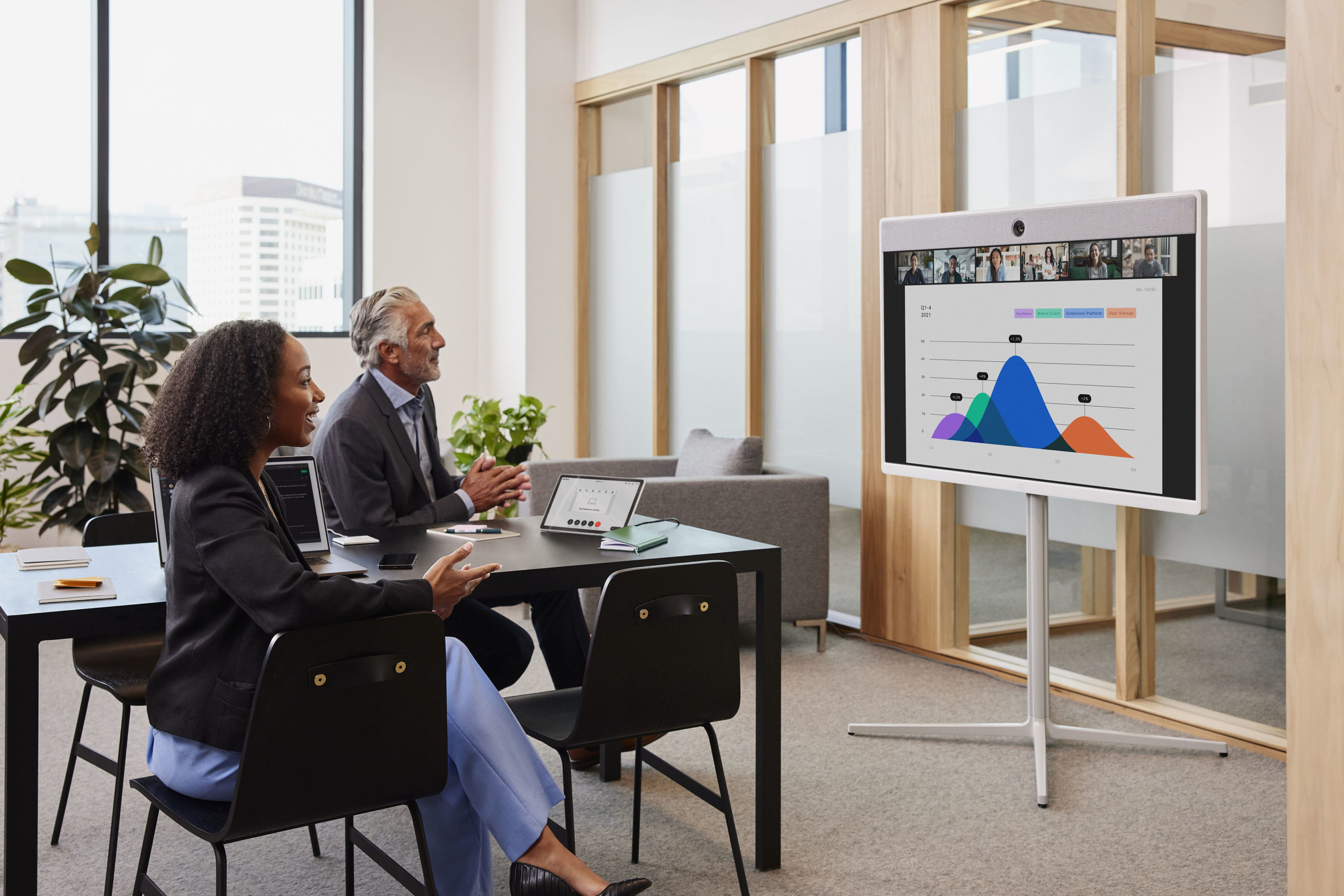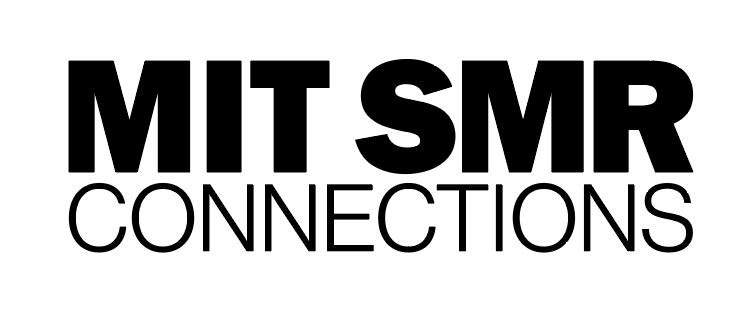As the world slowly re-opens, many are eager to shift back from virtual-only events and return to the in-person type of events we’ve loved from the past. They want to attend that trade show. They want to mingle with colleagues and network with peers. They want to travel again. But while returning to in-person events might be desirable, there are a lot of things about virtual events people do not want to give up. Attendees and organization have found significant benefit from the virtual engagement model, including participating when it’s most convenient, reaching more diverse and remote audiences, reducing time and cost for attending, and mitigating being away from work and personal lives.
Hybrid events – ones that leverage virtual event technologies along with in-person event practices – are becoming the preferred model for event planning and attendance. Hybrid events, involve elements of both in-person and virtual events to create better value and deeper engagement for event sponsors, speakers, and participants. Nowhere is this more evident than with business and corporate events.
Goodbye Airplane, Hello Virtual
Virtual business events have evolved significantly over the past 18 months as online events became the norm during the pandemic shutdowns. Earlier this year, the team here at Futurum Research had the opportunity to dive into this topic through a research study commissioned by Cisco Webex. We surveyed over 300 business professionals who typically attended at least 10 in-person corporate or business events a year pre-pandemic.
Our goal was to better understand the impact of the shift from in-person to virtual events and to explore how hybrid events might become the preferred event experience for the future. But first, let’s qualify the term “events” a bit. A corporate event is one that typically involves more than 50 people from different teams or organizations, has multiple sessions and can be in a physical or virtual location — think conferences, trade shows, seminars, and the like. Events that have a business or educational purpose but are also inherently social and involve people outside your office.
Here are some key observations from our research that shed light on how corporate events are perceived by participants today and how they’re likely to evolve over the coming years.
Engagement, Collaboration, and Shared Experiences
To begin, it’s important to understand the value that attendees expect from a business event. They want to be part of the conversation and share ideas and experiences with others. They want their voices to be heard. And they want the shared experience to continue beyond the event itself. Our research showed that:
- Over 70 percent say it’s very important that they are able to contribute to the conversation, offer feedback to other attendees, and that their own ideas and opinions are validated by their peers.
- Over two-thirds say it’s very important that an event have clearly established action items and timely follow-up to keep the conversation and the shared experience moving forward.
- Over 60 percent say it’s very important that they have the opportunity to network with other attendees and engage with speakers and presenters, not just during but before and after the event.
The Pros and Cons of In-Person Events
An in-person event is one where all participants are physically together in the same location, such as a conference room, convention center, or other venue away from the office. It’s no surprise that corporate travel and events have both fans and detractors. On the pro-side, our survey panel expressed what they liked most about attending in-person events:
- Being able to ask questions and discuss topics with others (52 percent)
- The pace and excitement of a good agenda (50 percent)
- Not having to worry about work distractions (49 percent)
But, when it comes to attending events, many of the dislikes centered around personal discomfort. Attendees at in-person events disliked the following:
- Feeling lost in a crowd at an event (46 percent)
- Travelling (45 percent)
- Being in crowds with strangers (42 percent)
Virtual Events Offer a Different Value
While some are eager to get back on the road (I’m raising my hand here), others are finding a virtual event model more attractive (I’m raising my hand again). For some it’s a basic issue of consumption, as 88 percent say they’re able to attend more virtual events than they could with in-person events in the past. This accessibility is something they consider an asset to both their organization and their own careers.
When it comes to why virtual events resonate with so many, it often comes down to flexibility in choosing how they attend and interact with others. Live or on-demand attendance, on-going access to content and connecting with others through different channels are some of the choices that attendees like about virtual events. Our survey respondents were emphatic about this:
- 90 percent say they enjoy consuming event content on-demand at their own pace
- 89 percent enjoy researching topics online during events
- 88 percent say they enjoy having access to a large group of people, while not being physically crowded
- 69 percent say they enjoy being able to connect to other attendees/speakers online during the event (e.g., LinkedIn, Twitter)
Not at all surprising, 86 percent say they also multi-task during virtual events, making choice a critical benefit of the virtual event model.
Combining In-Person and Virtual for Greatest Value
Recognizing the benefits of both in-person and virtual events it becomes clear that organizations gain greater value by supporting both models with a hybrid event approach. Today, businesses and attendees have technologies, processes, and devices at their disposal that more readily support both in-person and virtual attendance and hosting. This creates a tremendous opportunity for expanding event experiences events, one that should not be overlooked.
Hybrid events allow virtual attendees to watch and engage with in-person speakers as well as allow in-person attendees to engage with remote, virtual speakers. Real-time sessions and content are augmented with on-demand and asynchronous, remote interaction.
Respondents shared their feelings about the benefits afforded by hybrid events, including:
- Online access to more/deeper content (64%)
- Increased diversity of speakers and attendees with different perspectives (64%)
- Shared and engaging experiences with a wider range of remote attendees (60%)
- Greater ability to get questions answered (59%)
- Ability to surf/scan/attend on-line breakout sessions to meet interests (58%)
- Increased online interaction with speakers and attendees (57%)
- Real-time transcription and translation of sessions (56%)
How strong is the interest in attending hybrid events? Over 90 percent of our study panel say they’d be interested in attending a hybrid event in place of a physical, in-person event – something to consider as organizations continue to navigate uncertain travel options. And from a value perspective, 44 percent say they’d prefer to attend a hybrid event over the coming year (in place of a virtual or in-person event), a number that rises to 48 percent two or more years out.
Hybrid Events Bring Diversity
One of the most significant values we’ve seen in the remote/virtual work environment is the ability to bring a wider, more diverse group of individuals together that would not otherwise have been physically possible. Likewise, with event attendees and speakers no longer limited by geography, hybrid events expand inclusion to more diversely experienced individuals than an in-person event can offer.
Personally, I think this is one of the most compelling arguments for augmenting physical events with remote and virtual technology. And our study data backs this up with 93 percent saying increased diversity of speakers and attendees with different perspectives would be a benefit of attending a hybrid event, while 64 percent consider it a significant benefit.
The Bottom Line
There’s no denying the value in physically being at an event. And there’s certainly significant value that has been made available to employees and individuals by the shift to online content and virtual events. But we must recognize the world that we live in today and the opportunities our digital infrastructure offers, now and in the future. When it comes to business events, attendees want the ability to choose how they participate and prefer events that suit their individual needs and situations. I don’t see this as a binary in-person/virtual choice, however. Some events will be a better experience when experienced in-person, some better when attended virtually. But in all cases, the best experience is when the attendees can attend in a manner that is most flexible to their needs. I believe events that offer in-person, virtual and any combination of the two experiences is the sweet spot for greatest engagement and opportunity for all.





